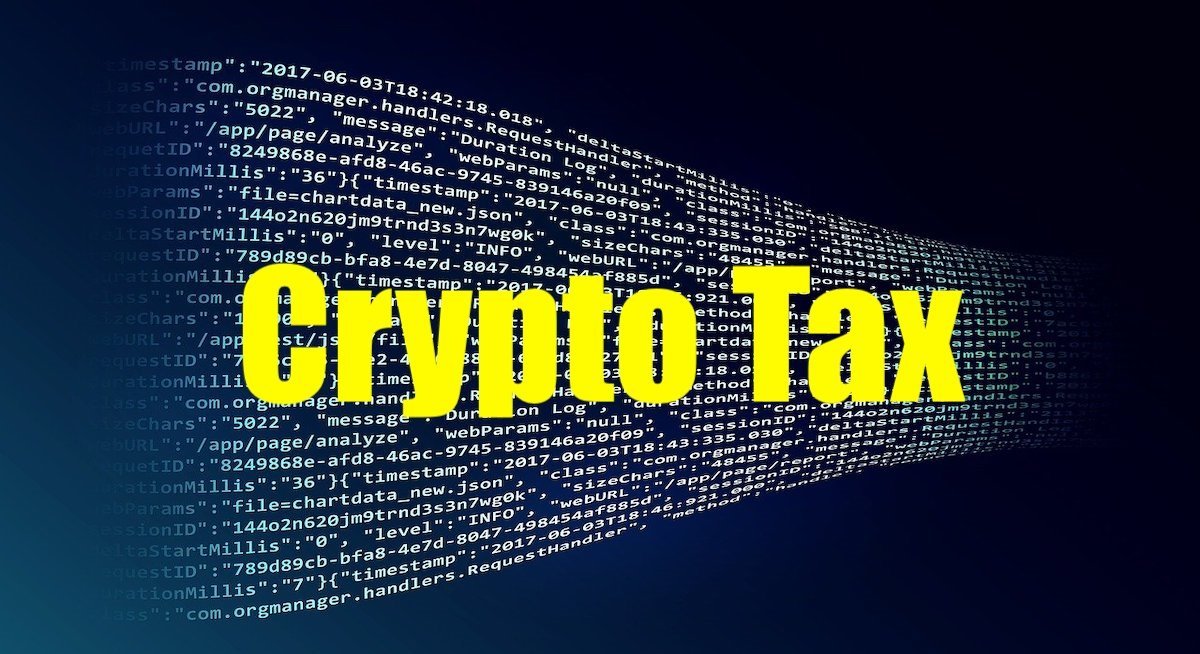Cryptocurrency market: Computerized ‘digital currency’ or ‘crypto resources’, including stablecoins and tokens. It’s a type of decentralized advanced cash, in light of blockchain innovation. An appropriate record is implemented by a unique organization of PCs. Going from decentralized computerized tokens, like Bitcoin. True, sovereign-sponsored, national bank advanced monetary standards. Advanced money has discovered expanding acknowledgment just as eagerness among its clients.
As of mid-2021, there were more than 4,000 distinctive digital currencies available for use around. The world, including the market monsters Bitcoin, Ethereum, Litecoin, and Dogecoin. Despite the remarkable expansion in the quantity of computerized monetary standards. As of May 2021, the total worth of all the digital forms of money on the planet remained at US$2.8 trillion.
Cryptographic money in India
According to information from blockchain investigation firm Chainalysis. Indian interests in digital currency have flooded to US$6.6 billion in 2021. Driven by a change in the considering youthful financial backers – moving away from gold and other valuable metals. Another explanation is the security and straightforwardness given by this innovation.
How is digital currency gained or produced?
Digital currency can be created in the accompanying manners:
- Mining: “Mining” crypto is the point at which an individual digger utilizes registering innovation to settle convoluted calculations/codes/conditions and record information on the blockchain. In return for this work, one might get installment in new crypto tokens.
- Purchasing: Buying it from money trades utilizing genuine cash and putting away it in an online cash wallet in a computerized structure.
- As lawful delicate: It can be utilized as a thought available to be purchased of labor and products, rather than genuine cash.
The lawfulness of cryptographic forms of money in India
In 2018, the Reserve Bank of India (RBI) restricted the utilization of Cryptocurrency market money as legitimate delicate in India by giving it around. Be that as it may, this choice was upset by the Indian Supreme Court in March 2020, allowing banks to deal with digital currency exchanges from brokers and trades.
The Cryptocurrency and Regulation of Official Digital Currency Bill, 2021 has been postponed by the public authority in the parliament and will most presumably be taken up for conversation in the storm meet.
Experiences from the Enforcement Directorate notice to WazirX
The Enforcement Directorate (ED) as of late gave a notification to India’s crypto trade WazirX over conceivable Foreign Exchange Management Act (FEMA) infringement for the demonstration of making withdrawals from crypto wallets, as it looks for records for the exchanges worth INR 27.91 billion (US$372.4 million).
As of now, the holders of digital currency can openly move coins. Their wallet to another wallet, anyplace across the globe. Such abroad exchanges without legitimate documentation are viewed as powerful courses for tax evasion. In this way abusing forex rules, by the ED.
Comparable concerns have been raised by administrators around the world. In 2019, the Financial Action Task Force (FATF), an intergovernmental association. Battle illegal tax avoidance endorsed the ‘Travel Rule’, encouraging caretakers just as wallet suppliers. Share data on senders and beneficiaries of digital forms of money. Nonetheless, fintech experts have called attention to this. Albeit this standard could be executed at a homegrown level. Implementing it at a worldwide level with various locales may demonstrate testing.
Assessment ramifications of cryptographic money in India
The Reserve Bank of India (RBI) has not yet allowed Bitcoin or some other cryptographic money. The situation with legitimate and delicate in India. Thus. There are no reasonable standards or rules characterizing taxability for digital forms of money. Which calls for an explicit explanation from the Income Tax (IT) office.
Be that as it may, specialists have theorized upon different conceivable outcomes in which. Cryptocurrency market money exchanges can be burdened under the Income Tax Act 1961 just as. The Central Goods and Services Tax (CGST) Act, 2017 – relies upon the kind of exchange. In the meantime, the Ministry of Corporate Affairs (MCA) has made it obligatory for organizations. Uncover digital money exchanging/speculations during the monetary year.
Pay from different sources
These wages incorporate mining of digital currency, managing cryptographic money exclusively with the end goal of speculation, and receipt of cryptographic money as gifts. These exchanges are available under the Income Tax Act.
- Age of cryptographic money through mining: Since the computerized cash produced will be dealt with self-created resources. There is vulnerability concerning how they will be burdened and regardless of whether. The arrangements of capital increases will apply. Then again on the off chance that it will be sorted under the head of ‘pay from different sources. Specialists accept that money is produced through mining. It will be sure to be considered under the head of pay from different sources. It is to be noticed. Section 55 of the Income Tax Act, which manages the expense of securing an improvement, doesn’t perceive mining.
- Getting Crypto money as a gift: Gifts got are burdened under the head pay from different sources. Are charged at singular chunk rates. Thus. The digital currency got as a gift will be burdened under pay from different sources at the concerned section rate. Cryptocurrency market money got as a gift worth INR 50,000 (US$671.07) or more will be altogether available.
Additionally, the exclusions from a charge on gifts got may apply to digital currency too. A portion of the exclusions from charge obligation on gifts will be gifts gotten:
- From family members
- In the event of marriage
- Under a will or via legacy
Compensation and pay from house property
Since Cryptocurrency market money isn’t perceived as legitimate and delicate by the public authority, businesses can’t make pay installments utilizing this computerized cash. Essentially, installment of lease utilizing this money isn’t legitimate and henceforth not recognized. Therefore, it won’t have any expense responsibility in India under the current law, except if explicit rules for the equivalent are declared.
Capital additions
Segment 2(14) of the Income Tax Act characterizes a capital resource. As ‘property of any sort held by the assessee whether associated with his business or calling’. In this manner, capital resources incorporate a wide range of property except those explicitly barred under the Act. Therefore, any additions emerging out of the exchange of digital currency should be considered as capital increases. In case they are held for investment. Depending on the length for which these crypto resources are held with the end goal of the venture. They would be dependent upon tax assessment under long-haul capital additions. (20 percent post indexation) transient capital increases (burdened according to singular piece rate).













